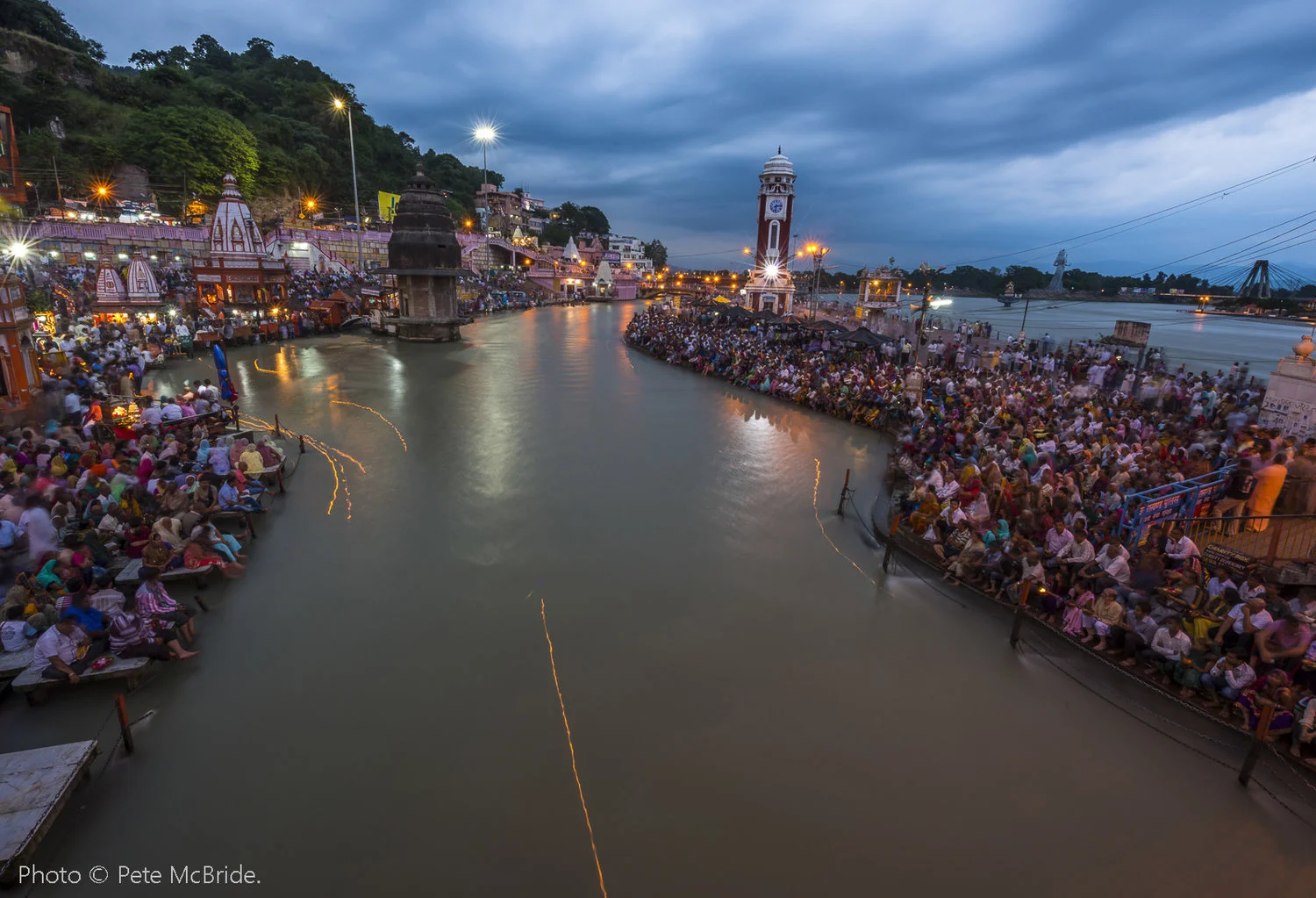Jeffrey Kimball/2013/60 min/Wildlife
Sunday, March 3, 11 a.m. [South]
St Benedict the African Parish, Chicago
FILM DESCRIPTION: “Birders: The Central Park Effect” reveals the extraordinary array of wild birds who grace Manhattan’s celebrated patch of green, and the equally colorful New Yorkers who schedule their lives around the rhythms of migration. The lively cast of characters features author Jonathan Franzen, as well as an idiosyncratic trombone technician, a septuagenarian bird-tour leader, and others. This charming, lyrical documentary transports the viewer to the dazzling, hidden world of America’s most famous park.








